A. When an insurance underwriter reviews your application, he or she usually takes the average of the 3 readings of your blood pressures during the paramed exam time. If your numbers are just slightly above the threshold to get the best class, you could go to your Dr's office to do a re-check 3 times, then send the latest numbers to the underwriter for a reconsideration, it usually works.
Please contact us if you need help on your term life insurance needs.


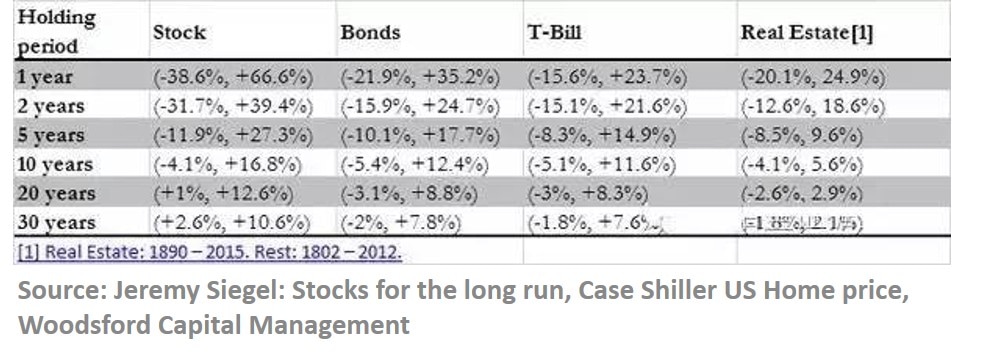
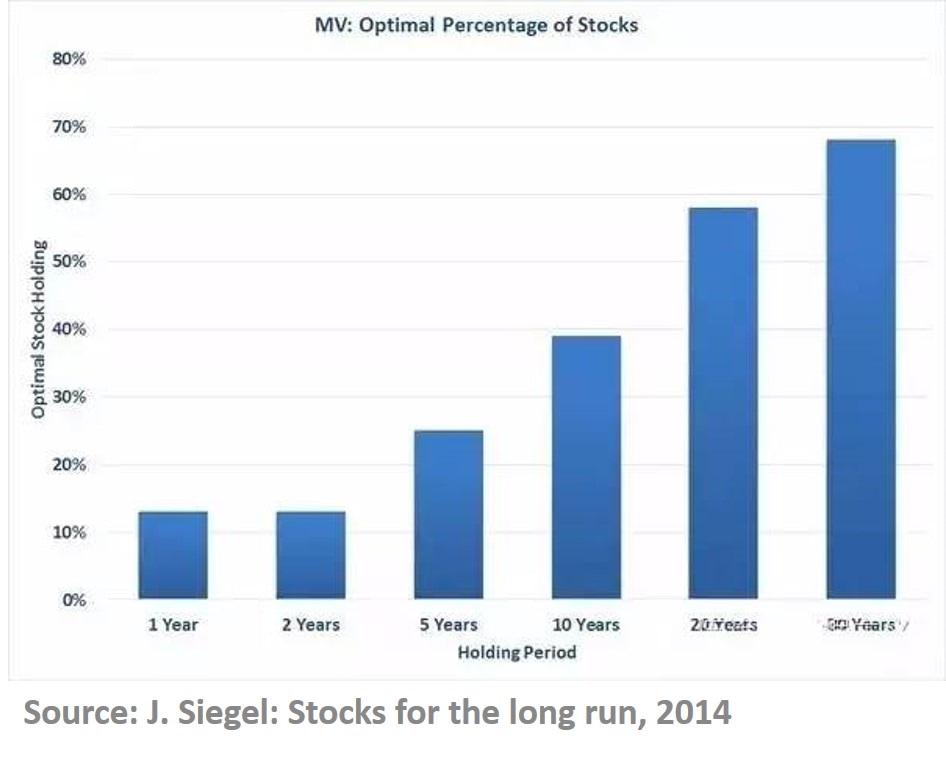
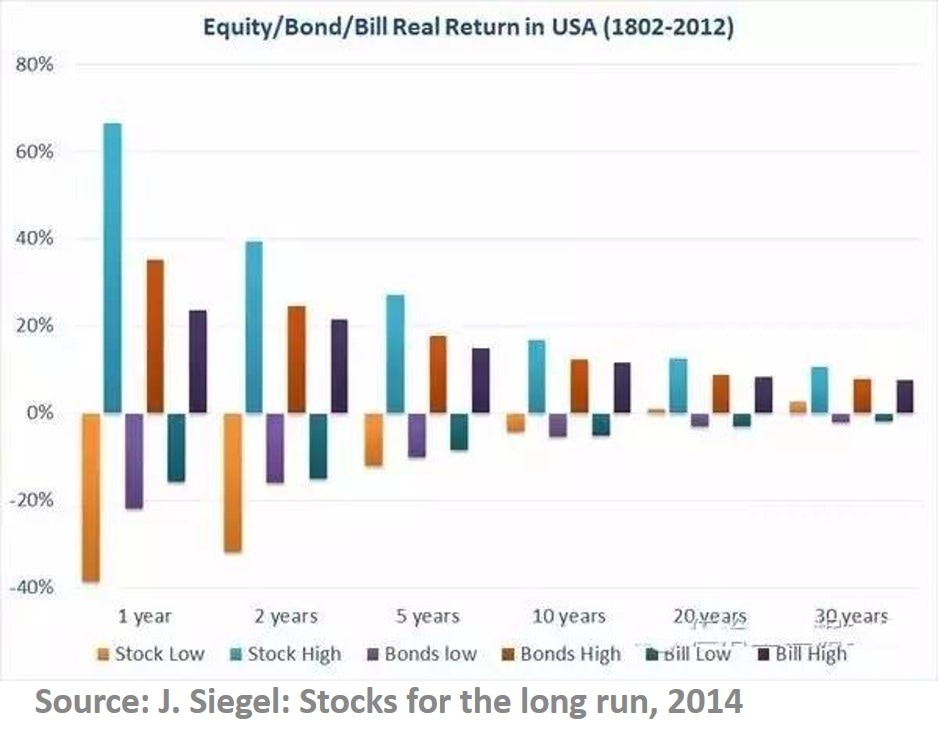
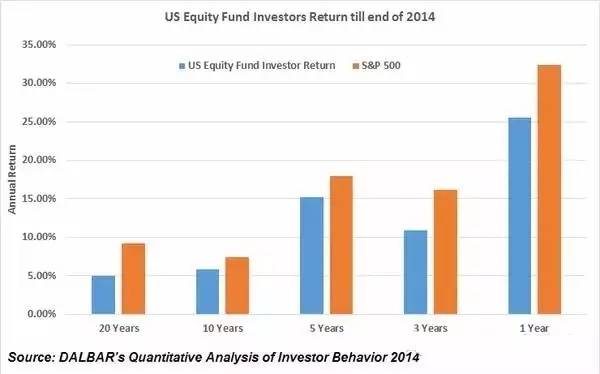


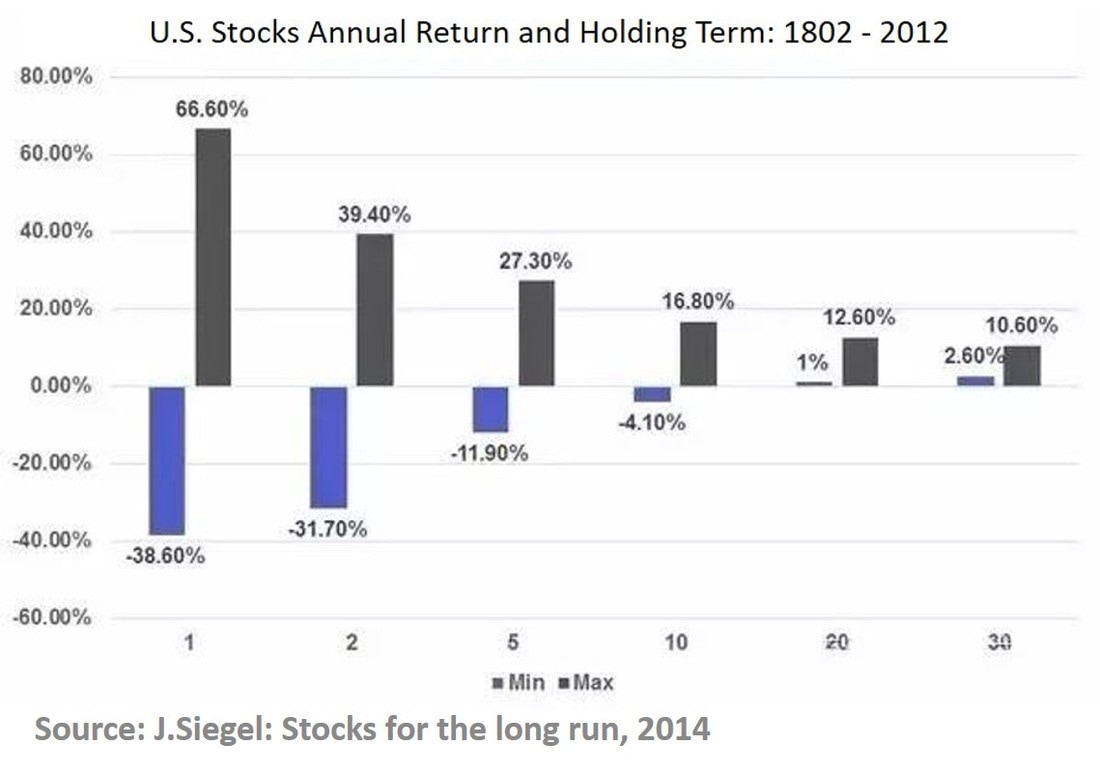
 RSS Feed
RSS Feed
